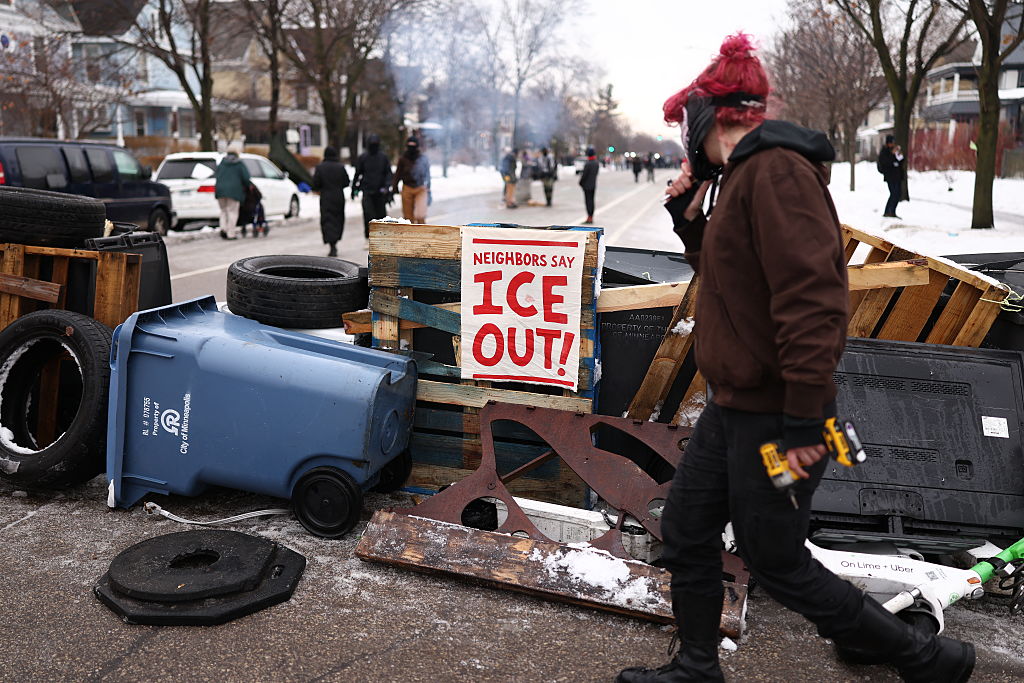Editor’s note: Scroll down for quiz.
In a historic campaign speech in Philadelphia addressing issues of race and religion, then-candidate Barack Obama held up the different Americas experienced by black and white citizens.
The inability to understand one another, Obama said, is part of “the complexities of race in this country that we’ve never really worked through -- a part of our union that we have not yet made perfect.”
It is also a part of American religious life that continues to be far from perfect, according to new research on race and religion. If church leaders hope to make congregations and other church organizations more diverse -- as many say they do -- understanding each other’s point of view is vital. New research sheds light on the differences between black and white Christians’ views on race.
Fifty years of racial progress, including public apologies in recent years by the two largest Protestant denominations, the Southern Baptist Convention and the United Methodist Church, have done little to change the reality that the United States is still a nation divided on Sunday morning.
Just 2 percent of members of historically black Protestant churches are white, the same percentage of members of mainline Protestant churches who are black, according to the 2007 U.S. Religious Landscape Survey by the Pew Forum on Religion and Public Life.
There has been some movement toward interracial worship from blacks attending white churches.
The National Congregations Study, directed by Duke University sociologist Mark Chaves, found that between 1998 and 2006-07, predominantly white congregations became slightly more diverse. In that period, the percentage of predominantly white congregations with some black attendees increased from 60 percent to 66 percent.
Predominantly African-American congregations, however, saw no change in nonblack participation.
But what may be more significant is how far apart black and white Christians are in their understanding of the significance of race in America.
The recent Panel Study of American Religion and Ethnicity shows the challenges religious leaders face in raising awareness and initiating changes in houses of worship. In a massive research effort led by Michael O. Emerson of Rice University and David H. Sikkink of the University of Notre Dame, 2,610 people were interviewed face to face. Blacks were oversampled, with 528 respondents.
Racial differences were substantial.
If you are a mainline or evangelical Protestant -- a group that is overwhelmingly white -- the study found, race is not a major concern. The vast majority said they do not experience racial prejudice, race is not very important to their sense of who they are and they really do not think about race that much.
In contrast, race is something more than four in 10 black Protestant respondents said they think about every day.
This racial divide is not fading away. The vastly different perspectives on race hold true among young adults, and both blacks and whites are reluctant to talk about race.
In his 2008 speech, Obama called for a national dialogue on race. Yet a plurality of respondents to the Panel Study of American Religion and Ethnicity said race relations would improve if the country stopped talking about race.
Forty-three percent of whites and 34 percent of blacks agreed with the statement, “race relations would improve if we stopped talking about race.” And even those who agreed that talk is not the answer are divided about the reasons why.
In follow-up questions, Emerson said, white respondents who considered dialogue part of the problem reported, “There’s nothing to talk about. We’ve made enough progress. … It will just stir things up.”
The black respondents who opposed further dialogue, on the other hand, said the time for talk is over. Emerson said their perspective was, “We need to act on it now. We need to stop talking about it and do something.”

















